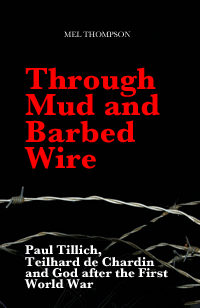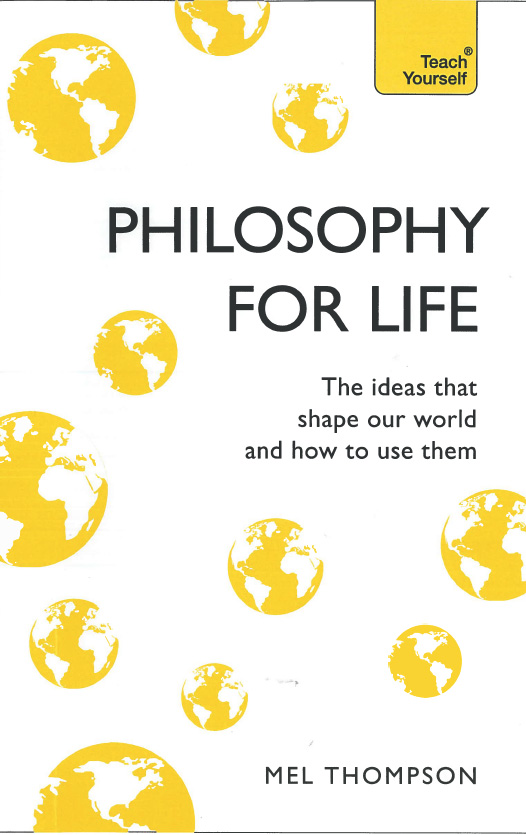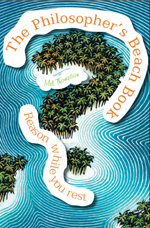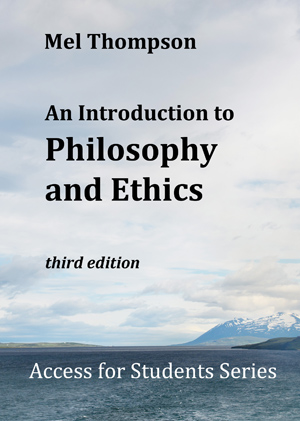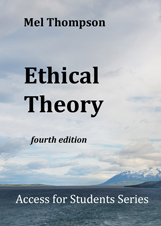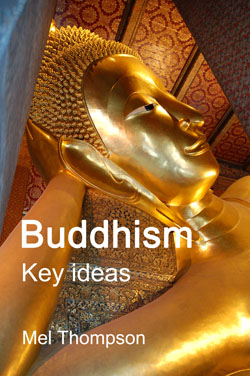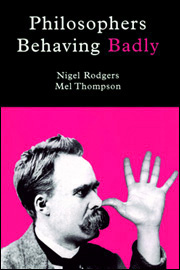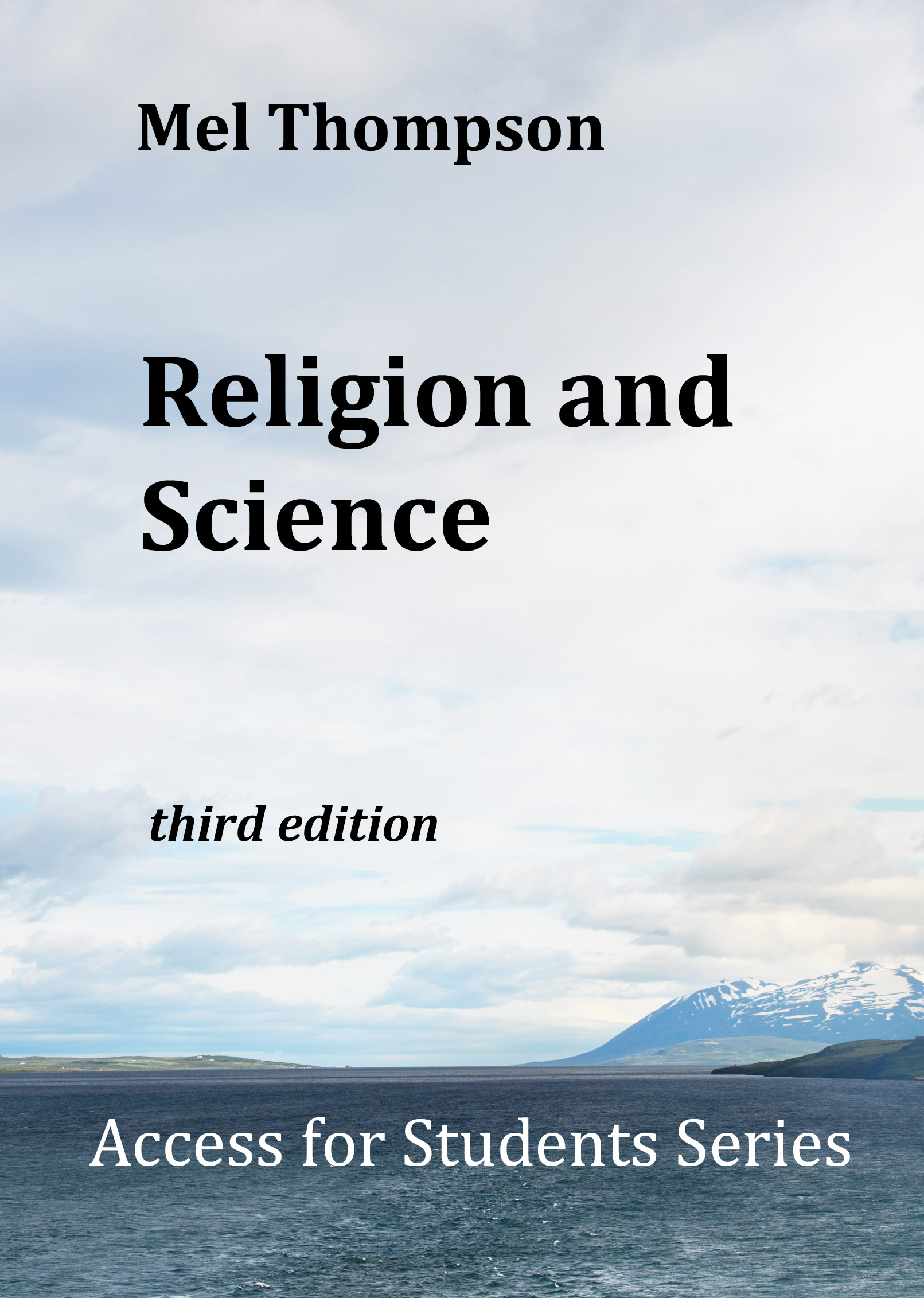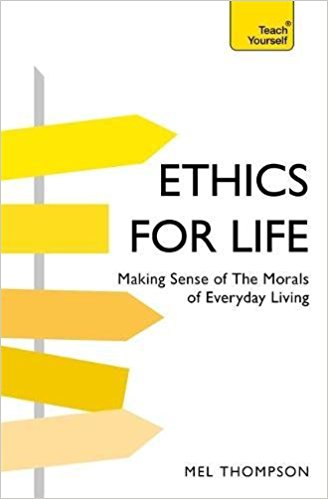An existential ladder?
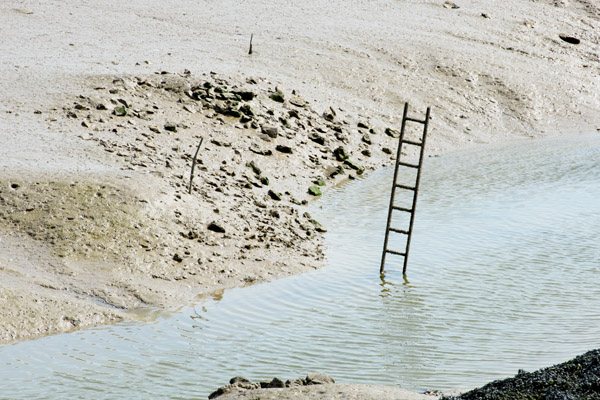
How’s this for an image of existentialism?
We are in the mud, soaking wet and the tide is rising: the human condition at its slippery worst. But suddenly we come across a philosophical ladder, offering not just a way of understanding the topography of the mud, but the prospect of escaping from it. However, it is a bit disconcerting that the ladder itself appears to be without any visible means of support. Undaunted, we grasp at this prospect of ascending out of life’s sticky, downward-sucking environment towards an atmosphere in which we can freely affirm ourselves and take control of our lives.
We mount, hoping that we can reach… But where does the ladder actually take us? That's where my problems with an exclusively existential approach to life start. It's about being authentic, real, shedding the roles that others would impose up on us, gaining radical freedom to be ourselves. All that sounds fine, and a lot better than the sort of life we generally settle for. But what does it lead us to become? How does it affect our relationships? Other than a general sense of satisfied authenticity, it is difficult to specify exactly what the ladder achieves. We may end up with little more than the satisfaction of an elevated view of the surrounding mudflats.
Having said that, I’d rather be climbing the ladder than stuck in the mud, for at least a ladder suggests that there is something we can do about our situation; somewhere to climb; some token of hope.
I think it's important to distinguish between existential questions - Who am I? What is the purpose of life? - and the specific ideas about self-affirmation and authenticity that existential thinkers such as Sartre have offered. Whatever social, moral and personal reservations I may have about the latter, I believe that existential questions themselves are fundamental for philosophy. Let the sciences get on with analysing the nature of the physical world; what concerns me is making sense of life from a personal point of view. The quest for meaning is not like the quest for information about some external object; it’s a process of self-discovery and affirmation to be gradually developed and refined, never complete. To place existential questions at its heart has the effect of changing the character of philosophy; it is not an exercise in logical cleverness or linguistic analysis, but a personal quest. To understand, yes; but to understand in order to live more fully.
When it comes to the meaning of life, the obvious rival to existentialism is religion, and I’m not sure whether existentialism should be regarded as a branch of religion, or religion as a branch of existentialism. Both offer hope and quest for meaning. Religions would not flourish were it not for existential questions and the longing that they represent; existential philosophy would not achieve much without some overall idea that life can be made meaningful and that we benefit from a sense of integrity and direction - ideas that have long been explored through religion.
The only advantage existentialism has over conventional religious enquiry is that it does not require any prior supernatural or metaphysical beliefs, which can be a stumbling block to many (myself included) who tend to take a naturalistic view of life. Perhaps the most helpful way to relate religion and existentialism was that taken by the theologian Paul Tillich, whose ‘Systematic Theology’ sought to relate existential questions to the symbols and ideas of religion. Without existential questions, religion may appears irrelevant, or be mistaken for ancient science; but as a response to existential questions, religion may provide a form of ladder out of the mud.
And – in case you’re wondering – this image has not been Photoshopped. The ladder was just there, stuck upright. How it managed to get into that position and maintain itself, I have absolutely no idea. Much like religion really.
[Revised from an earlier comment on this image, December 2017. If you are interested in grasping the basic of Existentialism, take a look at the book I wrote with Nigel Rodgers, entitled Understand Existentialism.]
Back to Philosophy (general) page

